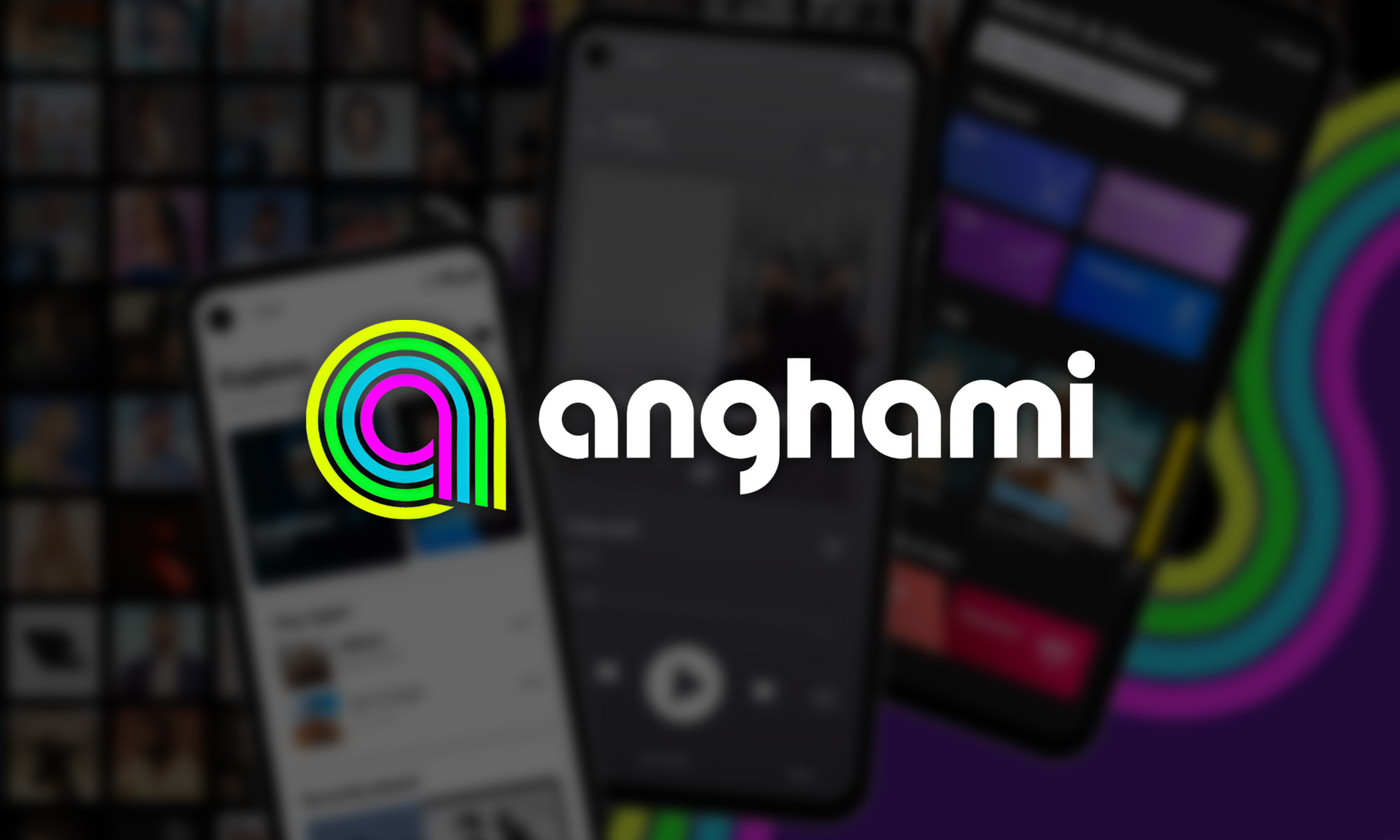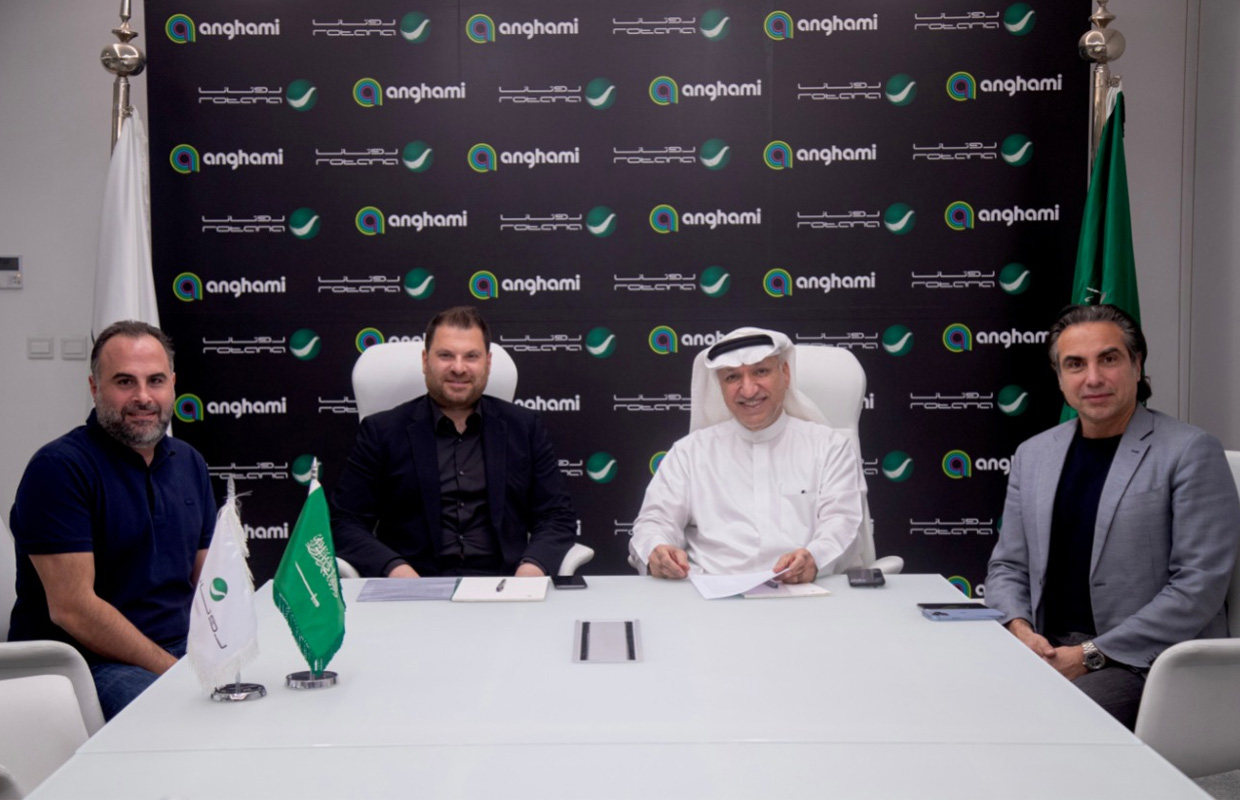News
Rotana’s Music Library Is Back On Anghami
The partnership with Rotana is expected to attract even more listeners to Anghami, which already has 75 million users from around the world.

All users of Anghami, the MENA region’s leading music and entertainment streaming platform, have a reason to celebrate because Rotana Music Holding, the largest record label and music repertoire holder in the Arab world, has just agreed to bring its large music library back to the platform.
We say “back” because Rotana was one of Anghami’s key partners when the service launched in 2012. The partnership ended when Rotana decided to move its copyrighted content to Deezer, which is partially owned by Rotana’s owner Al Waleed Bin Talal.
Anghami’s recent growth following its listing on the NASDAQ stock exchange on 4 February 2022, which caused its shares to grow by 80 percent and its market capitalization to exceed $500 million, might be a reason why the two companies are partners again.
Rotana’s music library includes some of the most popular Arab artists, such as Mohammad Abdo, Abdul Majeed Abdullah, Rashid Al Majid, Abdullah Al Ruwaished, Majed Al Mohandes, Rabeh Saqr, Nawal Al Kuwaitiya, and Ahlam.

The agreement for the partnership was signed Salem Al Hindi, CEO of Rotana Music Holding and Eddy Maroun, Anghami’s co-founder and CEO.
“We are thrilled to commence this partnership with Anghami, which will also strengthen the relationship between Rotana and its artists,” said Salem Al Hindi. “Rotana and its artists. We are confident that this collaboration will expand the business even further with the purpose of reaching Rotana music fans across the world.”
Also Read: Disney+ Confirms Its Middle East Launch Date
Eddy Maroun said that he was delighted to welcome Rotana to Anghami. “There is no better way to celebrate Anghami’s tenth year and next chapter, than expanding our library of 72 million songs to include Rotana’s authentic Arabic content and rewarding fans with a wealth of original tracks,” he added.
The partnership with Rotana is expected to attract even more listeners to Anghami, which already has 75 million users from around the world.
News
Mamo Completes $3.4M Funding Round To Enhance Fintech Services
The startup will use the influx of cash to expand into Saudi Arabia and across the wider GCC while improving its product offering.

UAE-based fintech Mamo has announced the completion of a $3.4 million funding round that will help the startup extend its market presence and improve its product offering. Investors included 4DX Ventures, the Dubai Future District Fund and Cyfr Capital.
Mamo’s platform offers “payment collection, corporate cards and expense management” to help small and medium-sized businesses consolidate and streamline their operations. With the latest influx of capital, Mamo will further develop its comprehensive suite of services and begin testing its product lines in Saudi Arabia, further extending its footprint across the GCC.
Imad Gharazeddine, co-founder and CEO of Mamo, stated: “We’ve been in the market for a while now and are incredibly proud of what our team has achieved. The holistic and expansive nature of our product offering has helped us continue to grow sustainably. This additional funding will allow us to reach our medium-term goals even faster. The support from new and existing investors is a testament to our strong expertise and the ability to deliver on our customer promise”.
Daniel Marlo, General Partner of lead investor 4DX Ventures, added: “We have immense trust in Imad’s vision, leadership and Mamo’s innovative approach to provide a user-friendly and comprehensive financial solution for SMEs that makes financial management more accessible and efficient. We are proud to partner with them and support their mission”.
Also Read: A Guide To Digital Payment Methods In The Middle East
Amer Fatayer, Managing Director of Dubai Future District Fund’s investment team, also commented: “Mamo’s localized product lines serve as an infrastructure for SME payments and spend management in UAE, a segment that is underserved by the country’s current banking infrastructure. The team has taken a product-first approach to consolidating SMEs’ financial journeys and building a fintech solution deeply embedded in a business’s core operations”.
To date, Mamo has raised around $13 million in investment funding and now boasts a team of 30 people. The company’s intuitive financial services platform has allowed over 1,000 businesses to consolidate their financial operations and significantly reduce payment fees.
-

 News4 weeks ago
News4 weeks agoAmazon Prime Day 2024: Get Ready For 6 Days Of Amazing Deals
-

 News4 weeks ago
News4 weeks agoSamsung Unpacked 2024: What To Expect From The July 10 Event
-

 News4 weeks ago
News4 weeks agoCoursera Report Shows Surge In UAE Interest In AI Upskilling
-

 News4 weeks ago
News4 weeks agoMeet Dubai’s Groundbreaking Smart Robot Delivery Assistant
















